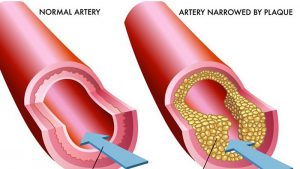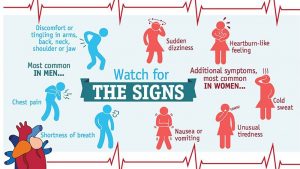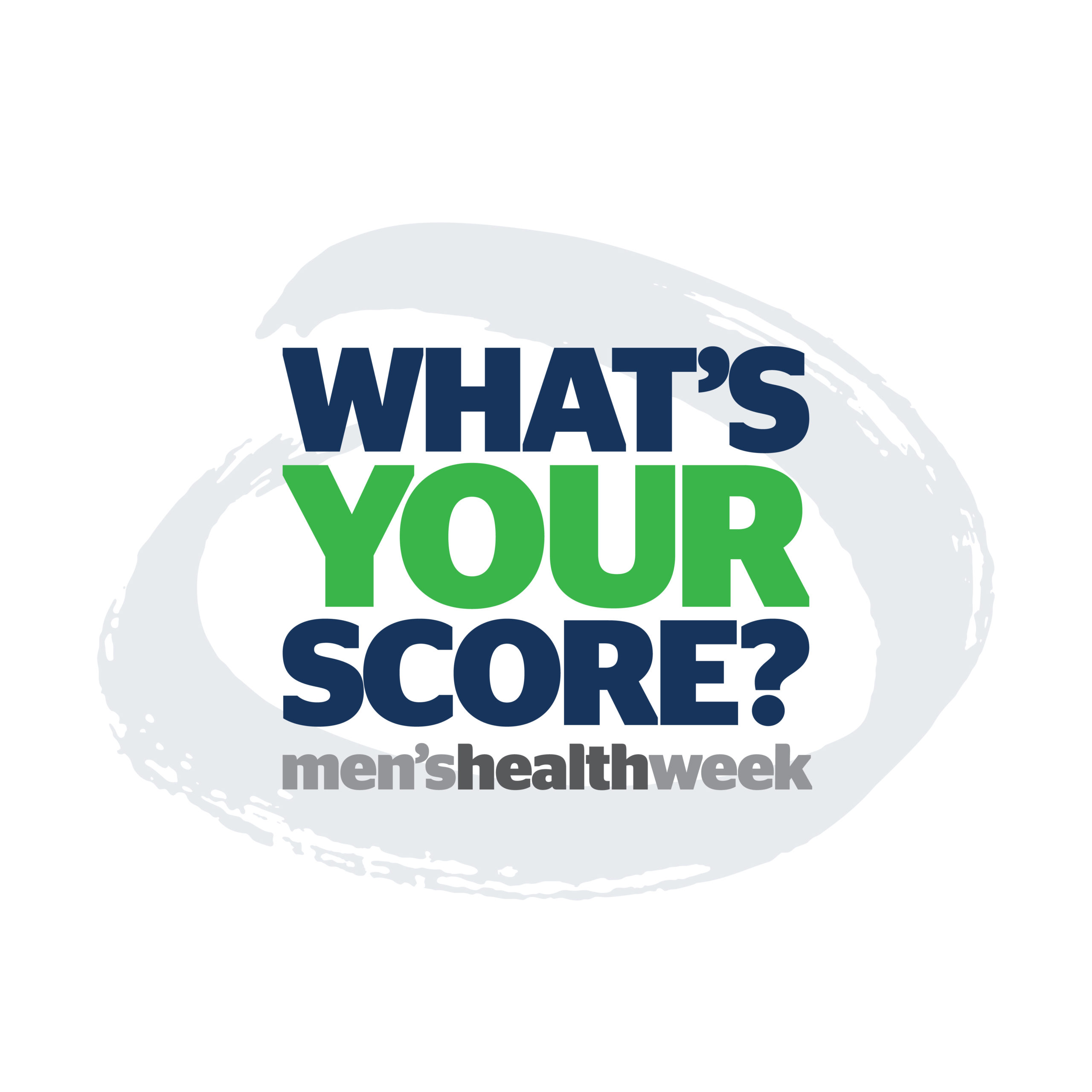New Zealand’s biggest killer
Heart disease is the biggest killer in New Zealand, and accounts for one third of all deaths each year.
Cardiovascular diseases are the main cause of death, followed by strokes which happen when an artery in the brain is blocked or leaks. Strokes are the largest cause of disability in adults in New Zealand.
Latest research shows that men are at greater risk of stroke than women, and that more than 170,000 Kiwis live with heart disease every day.
? How much do you know about your heart? Take the quiz.
Most common heart disease – CAD
Coronary artery disease (CAD) is the most common type of heart disease and happens when the arteries that supply blood to your heart muscle (the coronary arteries) become hardened and narrowed. A gradual blockage can result in angina. A sudden or severe blockage can cause a heart attack or cardiac arrest.
The narrowing of the coronary arteries can be due to the buildup of cholesterol and other material, called plaque, on their inner walls.

- This build-up is called atherosclerosis. As it grows, less blood can flow through the arteries. As a result, the heart muscle can’t get the blood or oxygen it needs.
- This can lead to angina (chest pain) or a heart attack.
Most heart attacks happen when a blood clot suddenly cuts off the heart’s blood supply, causing permanent heart damage. Over time, CAD can also weaken the heart muscle and contribute to heart failure (blood pumping problems) and arrhythmias (changes to normal heart beat action).
Risk factors for coronary artery disease
There are a number of factors that are known to increase your risk of CAD. Some risk factors you can’t do anything about. These include age, ethnicity, gender, personal or family history of heart attack or stroke.
Other risk factors you can change and making these changes can have a huge impact on your heart health and general wellbeing. Your risk of developing CAD is significantly increased if you:
- smoke
- have high blood pressure(hypertension)
- have a high blood cholesterol level
- don’t exercise regularly
- have diabetes
- are overweight
Look again at the list above and see that each of these risk factors can be reduced, but only by one person.
You.

Note these simple but important messages
The New Zealand Heart Foundation has some simple messages for Men’s Health Week:
- A heart attack is a life-threatening medical emergency. People need to be aware of the symptoms and call 111 immediately;
- Symptoms can include: chest discomfort lasting 10 minutes or more; pain that spreads to the jaw, shoulders or back; excessive sweating; shortness of breath; and nausea.
- Anyone who thinks they are having a heart attack should immediately stop what they are doing and call 111 for an ambulance or ask someone to do it for them.
- Any delay in calling an ambulance can increase the risk of death or permanent damage to the heart. Staunching it out won’t cure you.
Get a check – it’s easy
A heart and diabetes check works out your risk of having a heart attack or stroke in the next 5 years. It also tells you if you have diabetes or pre-diabetes (where your blood sugar levels are higher than normal but not high enough to be called diabetes).
The check will let you know what your risk is and give you the chance to talk to your doctor or nurse about ways to improve your health and lead a healthier life.
Your family doctor or nurse will:
- ask about your risk factors such as smoking, exercise and diet
- ask if there is any family history of heart attack, stroke or diabetes
- measure your blood pressure, height, weight and waist
- test your cholesterol and blood glucose levels (for diabetes).
After considering all the risk factors, your doctor or nurse will calculate your risk of having a heart attack or stroke over the next 5 years.
It’s quick, painless and it might just save your life – so go on, call your family doctor or nurse for a heart health and diabetes check.
When should I have a heart and diabetes check?
You should get a heart and diabetes check if you are in one of these groups:
- Māori, Pacific and South-Asian men over 30 and women over 40
- European men over 45 and European women over 55
- you have a family history of heart problems
More information about heart and diabetes checks and heart disease is available through the Heart Foundation website.

